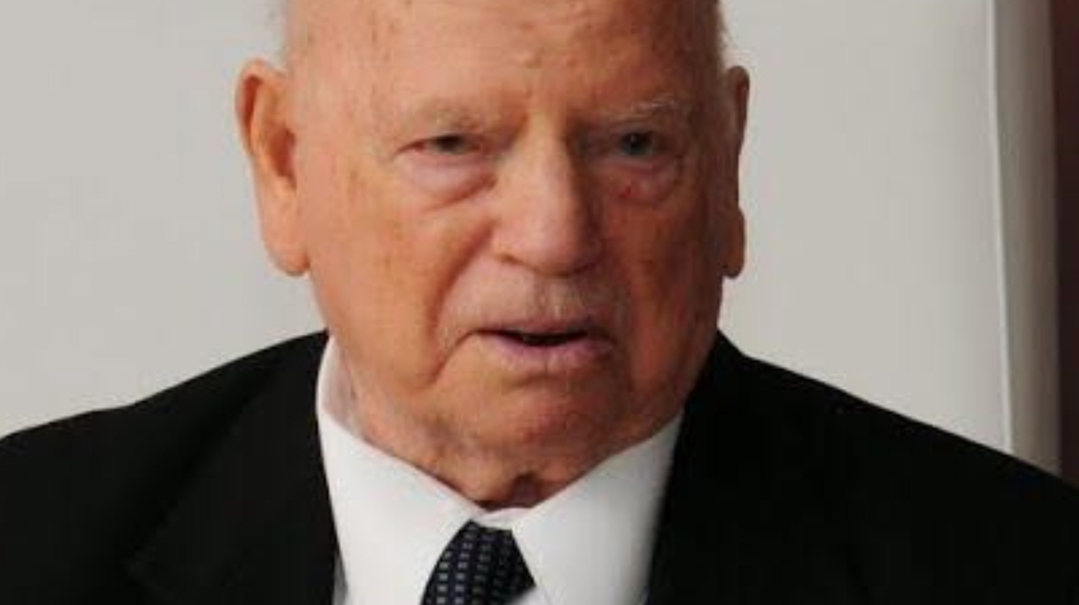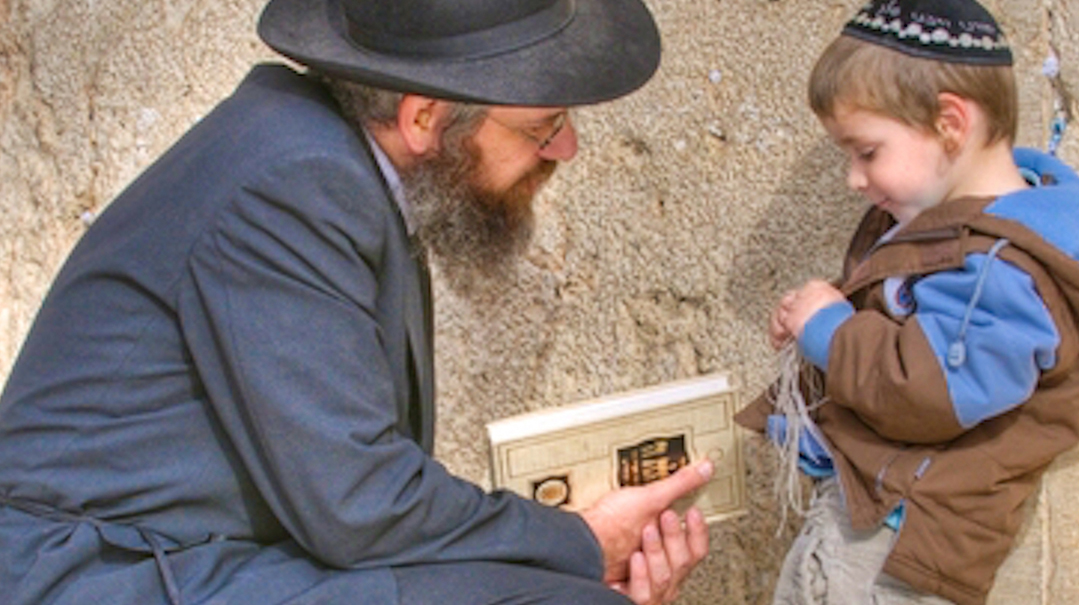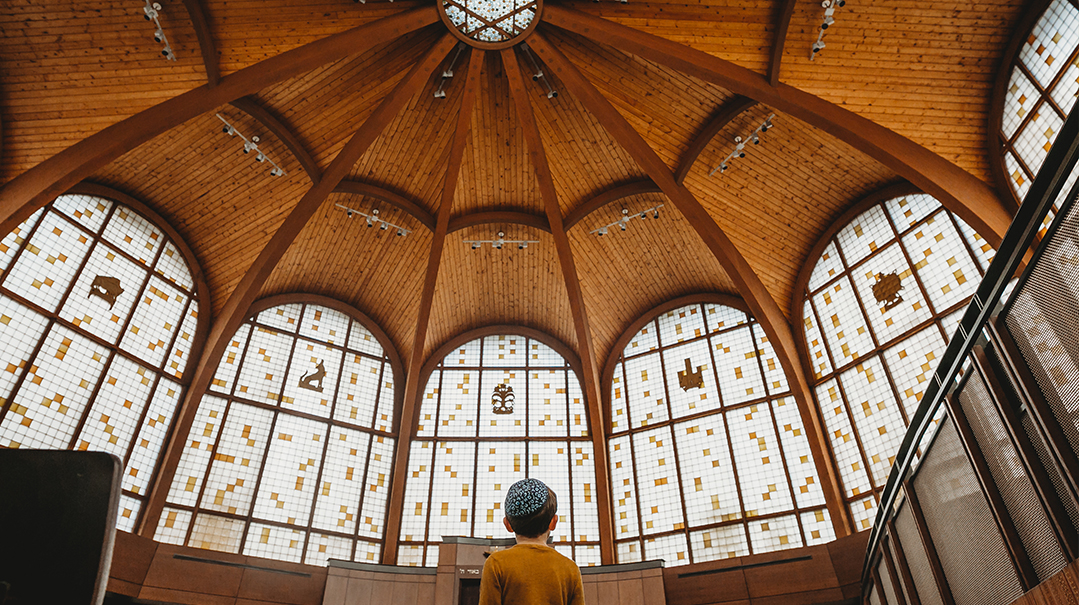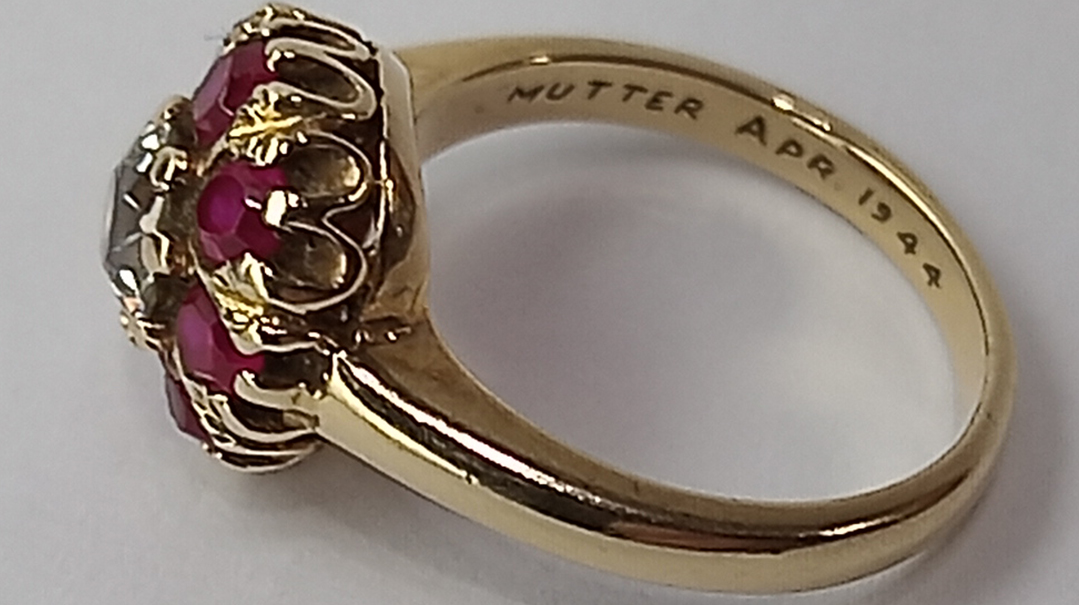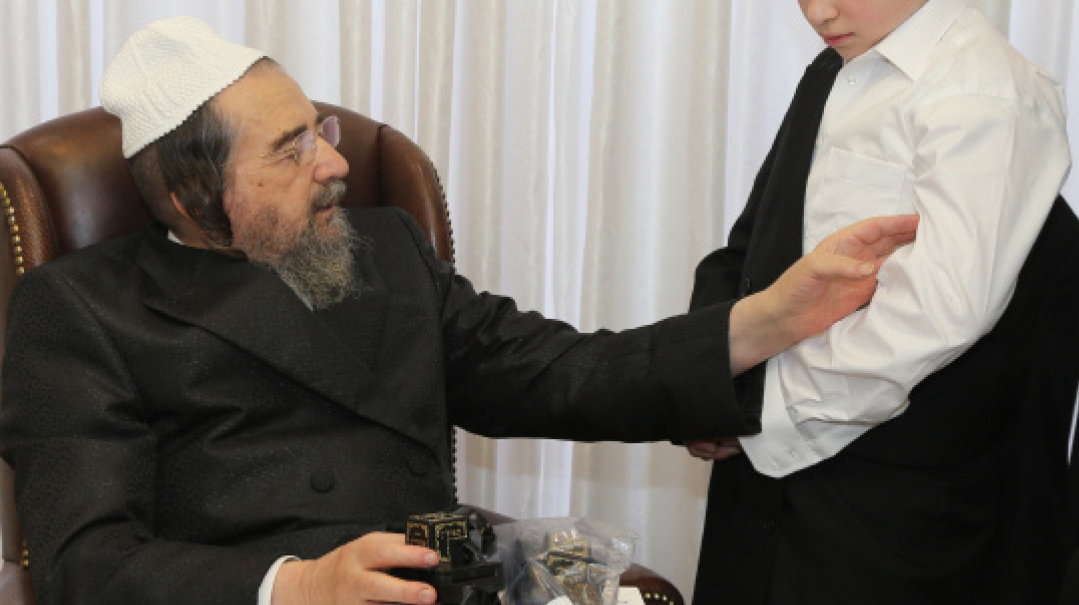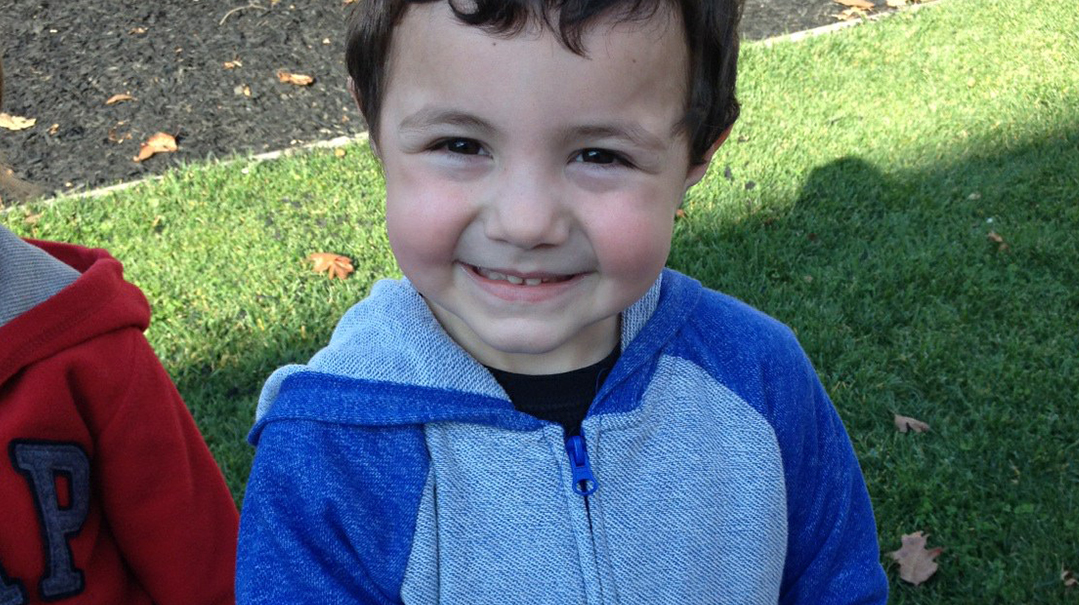He Knew

He was my principal; he was also my ally and my cheerleader and one of the only people who took an odd little girl, dreamy but fierce, and tended to her
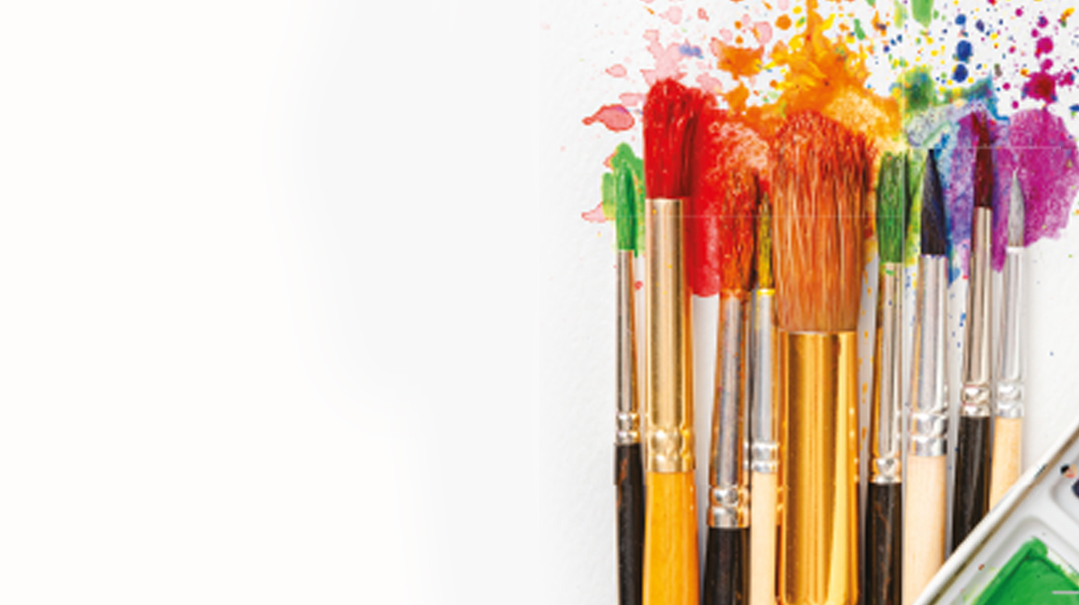
His signature was beautiful.
I knew. As one of those children who find themselves perpetually in the principal’s office, I would sit and swing my legs and watch, at eyelevel with his hand, as he dipped a gold-nibbed pen into a small glass bottle of black ink. And then he would begin: hand angled just so, a tiny flourish at the end of the W at the beginning of his name: Rabbi H. Warshawsky.
He was an artist deep inside. We saw it in his exquisite calligraphy, in the displays that he supervised on each classroom wall at Avigdor in London. And we saw it in the way he related to us students—each one of us was a palette of a thousand colors. He opened our eyes to it, put a brush in our hands and bid us, Go on, you can make something beautiful.
He was my principal; he was also my ally and my cheerleader and one of the only people who took an odd little girl, dreamy but fierce, and tended to her. Our friendship of sorts began on the very first day of first grade. I wouldn’t go to school. I just wouldn’t. And when we arrived, my mother dragging me by one arm, me yelling and screeching that I’ll run away, you’ll see, I’ll run away and then you’ll be sorry, we were met at the entrance by Rabbi Warshawsky. “No one has ever run away from my school,” he reassured my mother.
She nodded and left and I ducked through his legs and whipped out of the school gate. He ran after me. I dashed down the street, dodging passersby, not knowing where I was going, just that I had to get away, away…
Caught. Two arms caught my own. I looked up.
His face was round, he was short and broad, his grip was firm, but it didn’t hurt. He smiled. It was a wide smile. I warmed to him immediately.
But still, I was running away.
I took a deep breath, summoned all my strength, and kicked.
Rabbi Warshawsky and his wife were honored and beloved guests at every one of our simchahs. And each time we met, he would bend down and rub his shin. “I’ve still got the bruises.”
And then he would give me the smile that made him famous—for it hovered on his face always, despite immense personal suffering—and I would see in it that he was proud of me, his talmidah; there was a gleam that said, you see, I knew you’d turn out well in the end.
There was a preface to that story, though. Because before we entered Rabbi Warshawsky’s school, my sisters and I were enrolled in a non-Jewish school. Following in the spiritual footsteps of his school’s founder and his personal mentor, Rabbi Dr. Solomon Schonfeld, Rabbi Warshawsky persuaded my parents to move us to his school, promising them that he would take care of us.
And he did.
When countless allergies made me afraid to eat the school meals, not only did he work behind the scenes to ensure I would have a hot meal, he took me on a tour of the school kitchen. He showed me the huge pots and pans, the gleaming walk-in fridge, and introduced me to Gladys the cook. Because he knew how hearts worked, and minds, and his own heart would allow no less.
When he saw that I clashed with my Chumash teacher, he told me that he would teach me himself. We would sit in the dining room, the aroma of lunch wafting toward us, as he taught me sefer Shemos and how to learn a Rashi, and how to love a Rashi.
Above all, I remember the way he spoke to us, the way we mattered. Nowhere was that clearer than when his only daughter Dassy got married. A week before the wedding, our teacher ordered us to line up in silence and file out in an orderly fashion. We followed her out to the yard and took our places. We practiced all week. Each day brought some change: a large wooden platform was erected toward the back of the school yard, carpet laid down over the platform, then the poles were put into place. Finally, a burgundy chupah, adorned with flowers.
On the day of the chasunah, we combed our hair carefully and made sure our shirts were tucked into our uniform skirts. We filed out in silence and watched, awed, as the kallah made her way through the schoolyard. Torches flickering in the late afternoon breeze, Rabbi Warshawsky and his wife Julia led their daughter to the chupah. Even then, we knew that Rabbi Warshawsky could have held his daughter’s chupah in many locations, most of them closer to home and all of them fancier than this gray asphalt schoolyard.
But we also knew that he wouldn’t have wanted to, because he wanted all of his children to be present at his simchah.
But still, still I think back to his hand, signing his name in his office. I close my eyes, try to picture it, am left with a vague memory of greenness. Was it the green baize-covered side table? Did the green feature on the wallpaper? Or the plants on the sideboard? Or maybe it was something deeper, the green of growth, of earthy goodness, the chlorophyll green that comes from just the right combination of warmth and moisture.
There he is, sitting there, head bent in concentration, a flick of his pen, a flourish. He looks up at me and smiles.
His signature was beautiful.
Leah Gebber is a writer, specializing in historical fiction. She is presently completing an MA in bibliotherapy, using storytelling and writing as therapeutic mediums. She lives in Ramat Beit Shemesh with her family.
(Originally featured in A Gift Passed Along, Pesach Supplement: Pesach 5780)
Oops! We could not locate your form.






